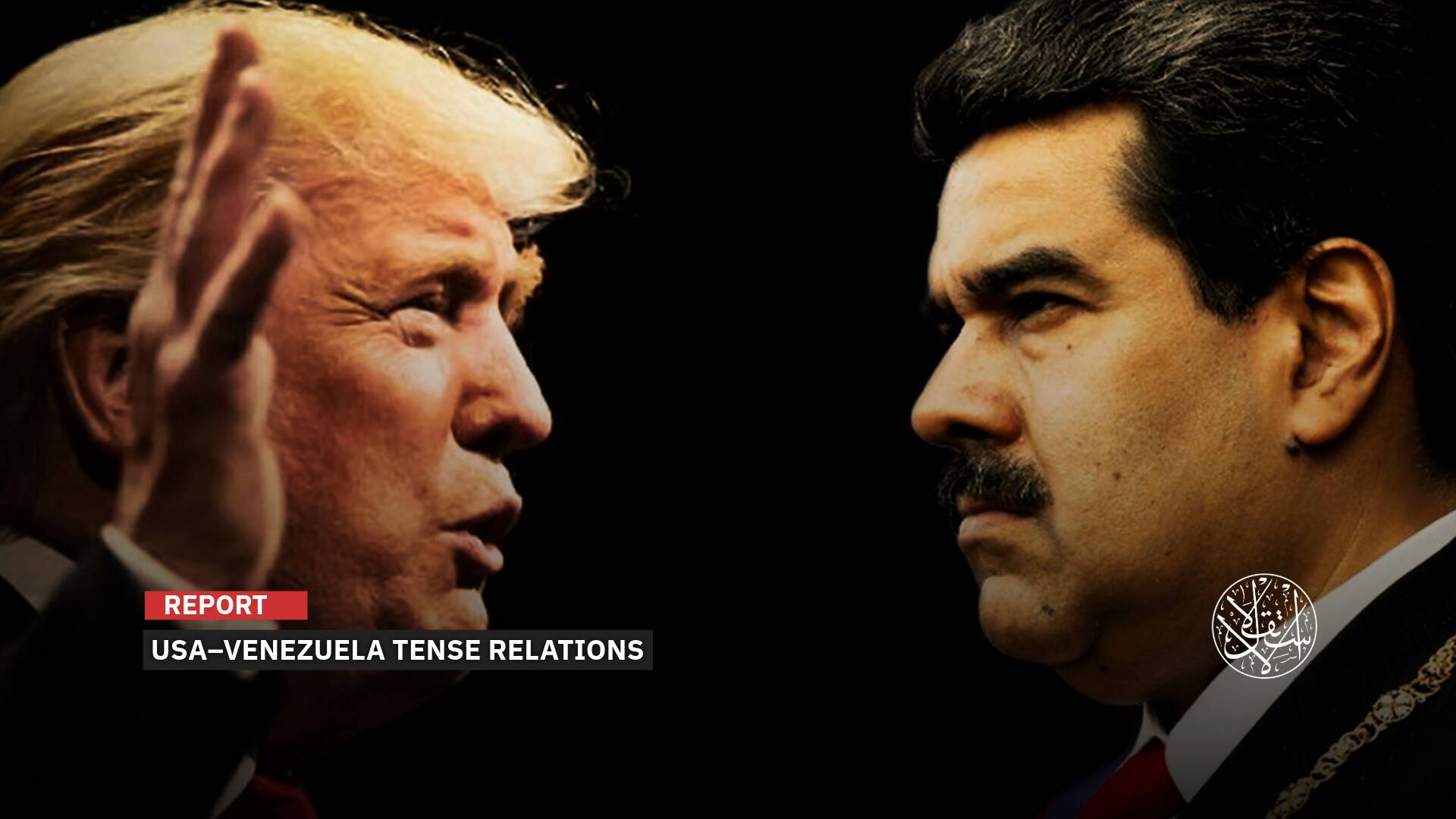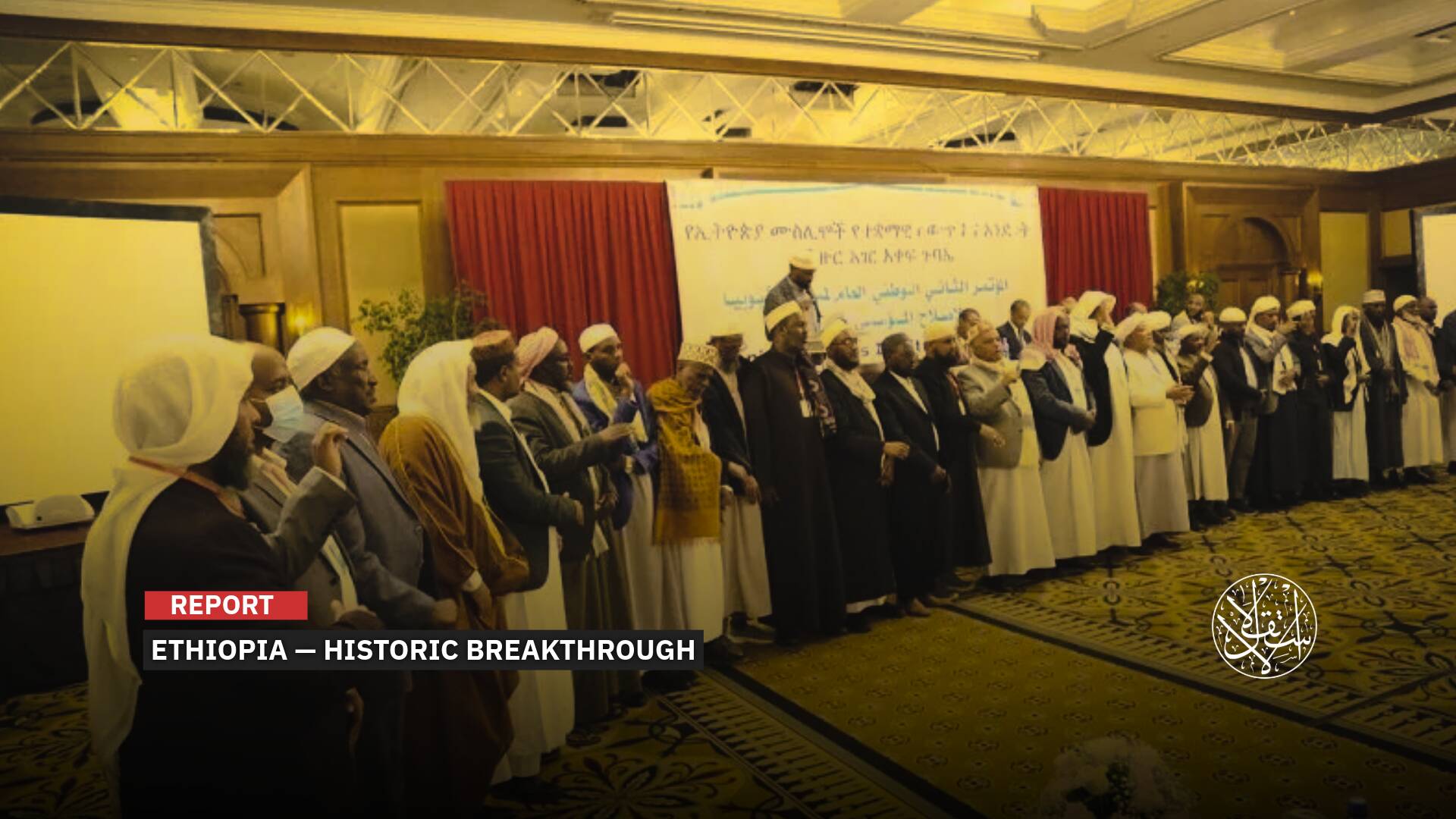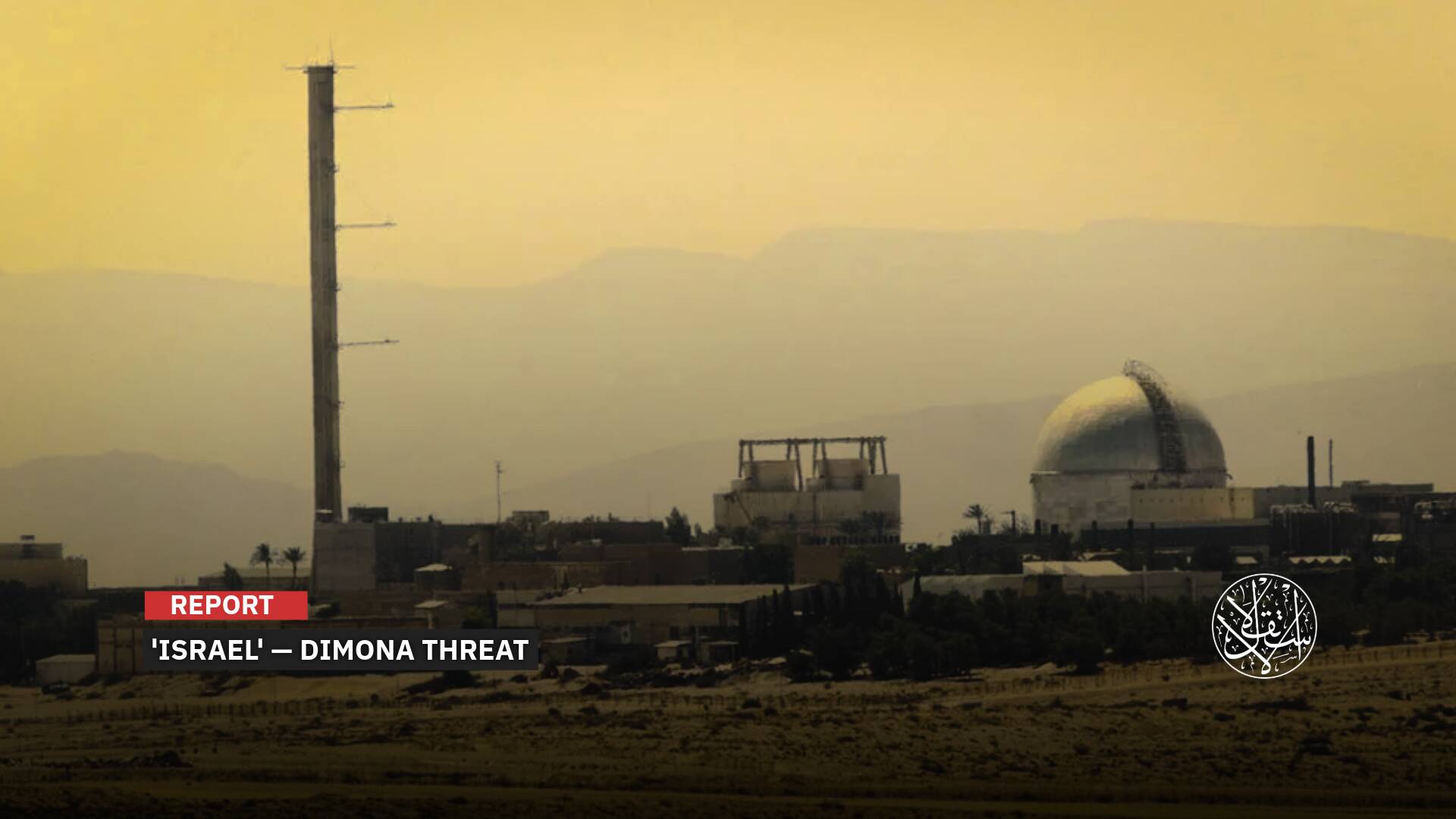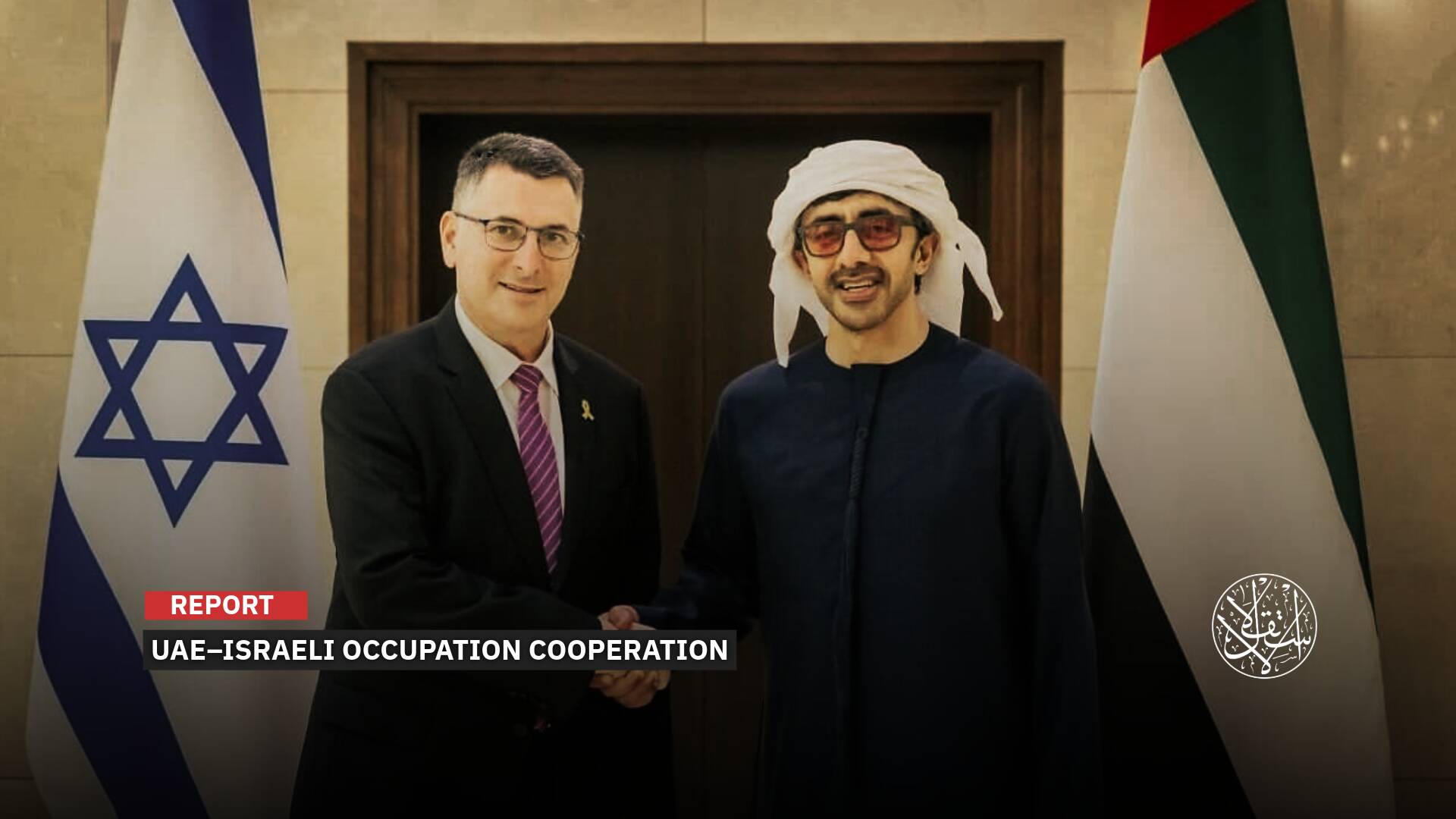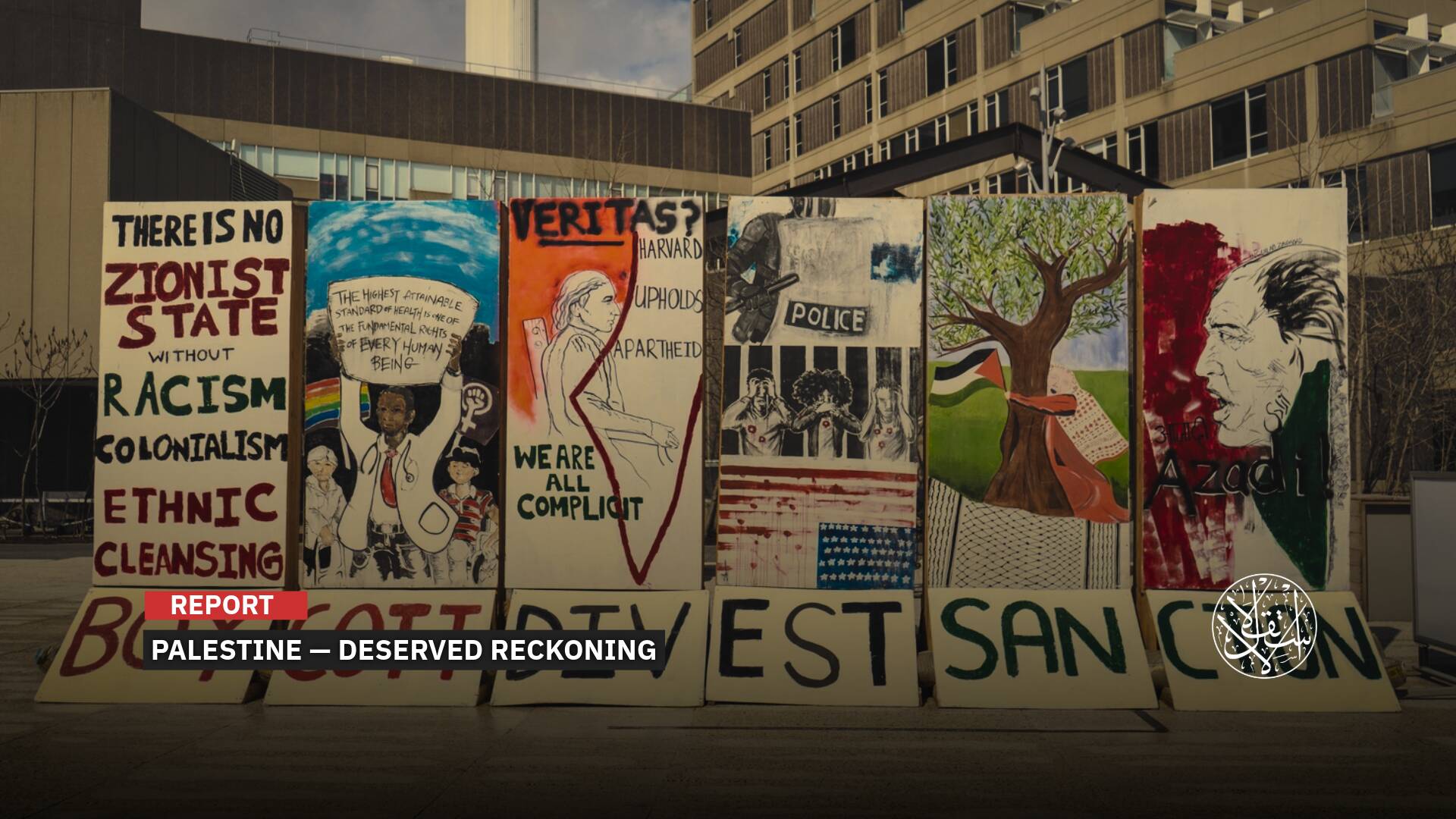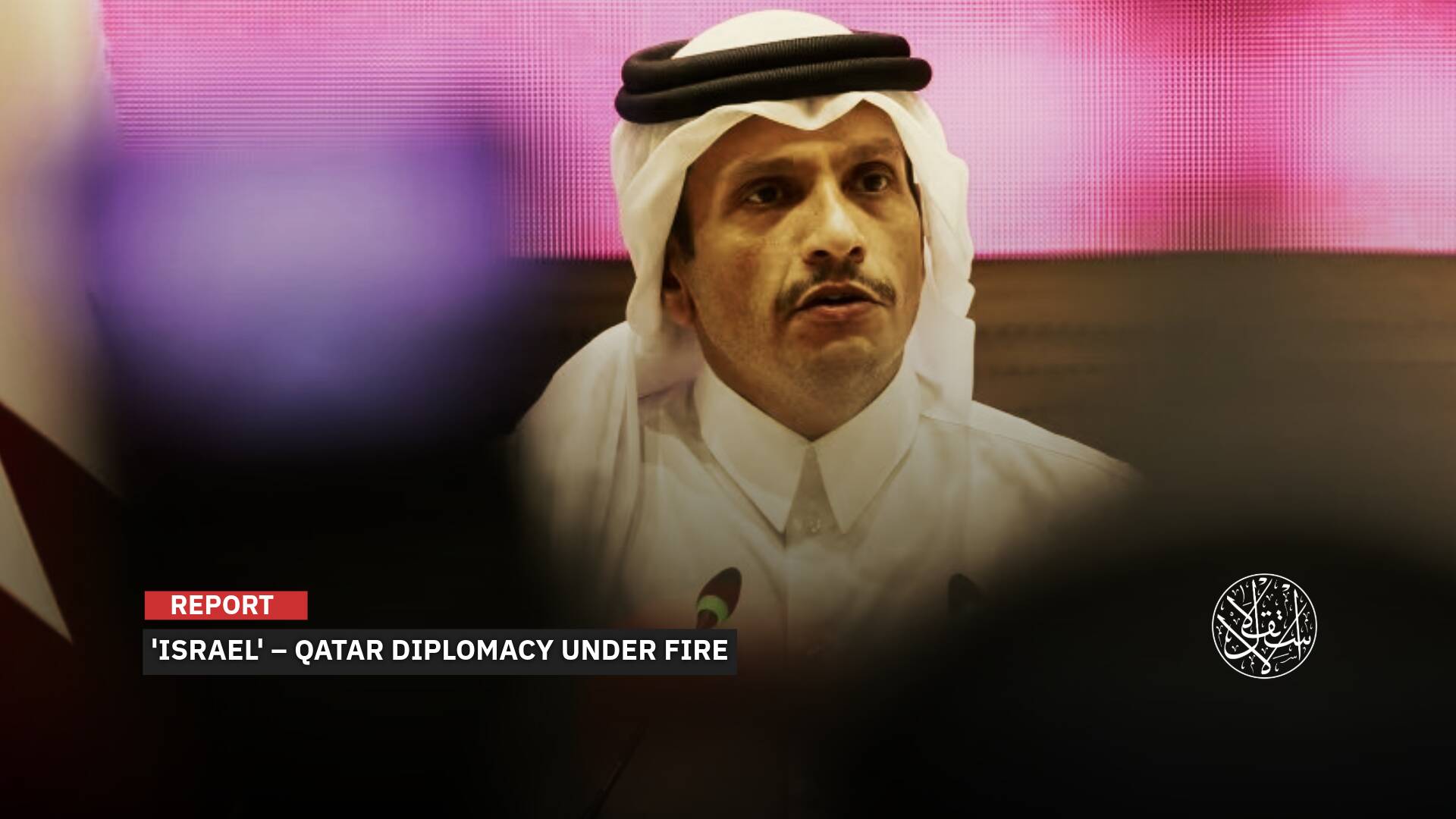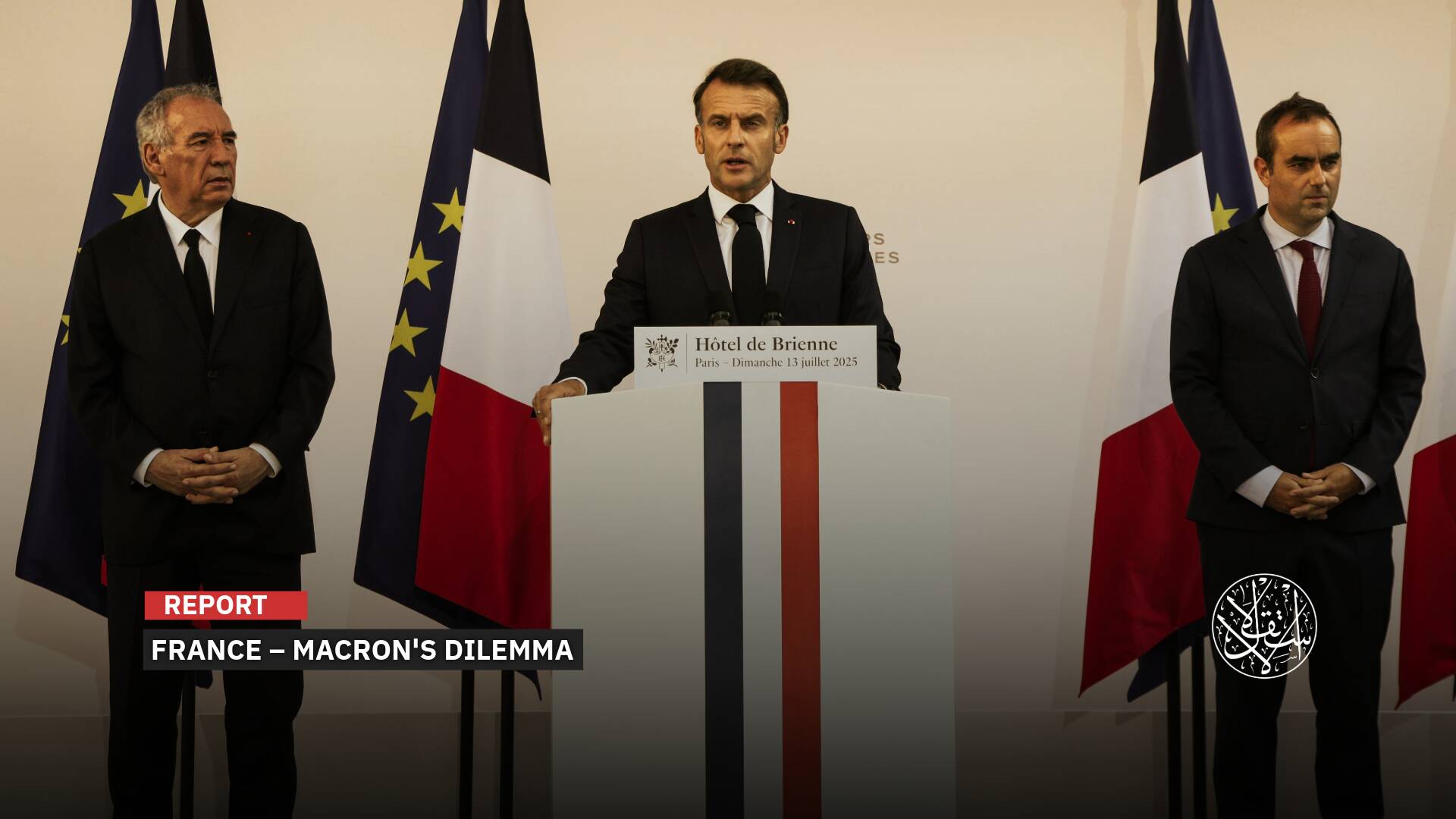Jordan and Turkiye Forge New Ties Amid Regional Shifts

The term "Shia Crescent" was coined by King Abdullah II of Jordan in 2004.
Amid the turbulent developments sweeping the Middle East, which have resulted in the fragmentation of what was once known as the "Shia Crescent" following the fall of the ousted Bashar al-Assad regime in Syria, new scenarios regarding potential alliances or blocs are emerging, with one of the most prominent being the notion of a "Sunni Arc."
The term "Shia Crescent" was first coined by King Abdullah II of Jordan during an interview with The Washington Post in 2004.
He used it as a warning about the possibility of an Iran-aligned government forming in Iraq following the 2003 U.S. invasion and the overthrow of President Saddam Hussein’s regime.
At the time, the Jordanian monarch intended to form a sectarian Shiite alliance in the region, linking Iran, Iraq, Syria, and Lebanon—a reality that has materialized since then.
However, these countries have referred to it instead as the "Axis of Resistance" against the United States and “Israel.”

Strategic Shift
Amid the unfolding events in Syria, Jordan's decision to publicly send three of its most prominent figures to Turkiye marked an unconventional move in its diplomatic dealings, showcasing a shift from its usual approach to regional developments.
The specific focus here is on the "new Syria," as reported by BBC on 6 January 2025. A high-level Jordanian delegation, including Deputy Prime Minister and Foreign Minister Ayman Safadi, Army Chief of Staff Lieutenant General Yousef Huneiti, and General Intelligence Director Major General Ahmad Hosni, met with their Turkish counterparts, including President Recep Tayyip Erdogan.
The following day, a Syrian delegation visited Jordan’s capital, Amman, comprising Ministers: Foreign Minister Asaad al-Shaibani, Defence Minister Murhaf Abu Qasra, Electricity Minister Omar Shaqruk, and Oil and Natural Resources Minister Ghiyath Diab, along with General Intelligence Director Anas Khattab.
According to the BBC, Amman and Ankara have faced numerous crises stemming from the Syrian conflict, including issues of territorial security, the threat of armed groups, arms and drug trafficking, and the reception of refugees fleeing the war.
While the fear of renewed state chaos looms large for Syria’s neighbors, Turkiye and Jordan, the potential opportunities that would arise if Syria stabilizes represent a significant breakthrough across political, security, economic, and trade fronts, the report suggests.
Political analyst and member of Turkiye’s ruling AKP party, Yusuf Katipoglu, was quoted stating, “Jordan is a strategically important state for Turkiye in ensuring the security and stability of the region. Hence, Turkiye is keen to cooperate with Jordan to prevent any potential destabilization or internal unrest amid regional transformations.”
While Jordan and Turkiye have shared close ties in the past, this time their relationship is taking a different direction, signaling a long-term strategic shift.
Katipoglu emphasized that “new alliances are emerging today, with Turkiye and Jordan on one side, Israel and regional powers on another, and Iran and its remaining allies as the third axis.”
Turkiye represents Syria's northern gateway, while Jordan shares much of Syria’s southern border. These two frontiers have long been a source of concern for both nations due to the security ramifications of Syria’s turmoil, the rise of armed groups, and the bloody internal conflicts within Syrian territory.
In contrast to Turkiye's endorsement of Syria’s new administration following the fall of Bashar al-Assad's regime on 8 December 2024, Jordan initially expressed reservations.
However, this hesitation proved short-lived, after Foreign Minister Ayman Safadi’s visit to Damascus on 23 December, where he met with the new Syrian leader, Ahmed al-Sharaa.

The "Sunni Arc"
Jordan's recent diplomatic moves towards Turkiye and Syria have been interpreted by Jordanian writer Bassam Badarin as signs of a new alliance emerging in the Middle East, one that he refers to as the "Sunni Arc."
This development comes as the "Shia Crescent," which began to unravel with the fall of Bashar al-Assad's regime, fades into history.
In an article published by al-Quds al-Arabi on 6 January 2025, Badarin argued that the composition of the Jordanian delegation, which was sent on a deep exploratory mission to Turkiye, is closely tied to a range of strategic issues, with Syria being the most prominent.
He suggested that this visit marked a significant and exceptional diplomatic gesture.
Badarin noted that the visit could be seen as a "message," signaling that Jordan has decided to engage directly with Turkiye rather than addressing its concerns through fellow Arab states or through newly established proxies in Damascus or solely via diplomatic channels.
"While the specific agenda of the trip remains unclear, it is safe to assume that such a distinguished delegation comes with a broader mandate, representing Jordan’s interests not only within the context of Syria but also in relation to its evolving relationship with Turkiye."
The writer emphasized that while Jordan had opposed and actively resisted the "Shia Crescent," a "Sunni Arc" is now emerging on its northern border, with Turkiye playing a leading role.
He pointed out that past misunderstandings between the two countries should give way to a new phase, where mutual interests could be explored.
Badarin concluded that although Amman and Ankara remain divergent in both direction and strategy, a process of coexistence and adaptation between the two is now inevitable, with the caveat that Turkiye must respect Jordan's national interests.
Since the late 2010s, the relationship between Jordan and Turkiye has fluctuated significantly. Unlike Amman, which opposed the Arab Spring uprisings, Ankara supported them, backing the governments that emerged after the overthrow of regimes in Egypt, Tunisia, and Libya.
Turkiye also supported the Syrian revolution from its inception in 2011 until its victory in 2014.
However, the rise of counter-revolutions in these same countries, backed by Western powers and certain Arab states, including Jordan, led to a divergence in positions.
Turkiye remained firmly opposed to these counter-revolutions, particularly in Egypt under the leadership of military coup leader Abdel Fattah el-Sisi, creating a prolonged period of discord.

Focal Point
Meanwhile, Jordanian writer and political analyst Hazem Ayyad believes that "Jordan is attempting to make the most of these regional shifts, positioning itself as a central point for countries navigating their relations with Syria, particularly those struggling to engage with the new administration."
Ayyad told Al-Estiklal that "Jordan itself faces challenges in dealing with the new Syrian government, sometimes turning to Turkiye in order to influence the course of events in Syria more effectively, rather than seeking to form an alliance with the Turks."
The political expert argued that Jordan’s moves towards Turkiye are aimed at mitigating the risks stemming from Syria's transformation, as well as opening more effective communication channels with the Syrian side.
Ayyad ruled out the possibility of Jordan pursuing the creation of a first "Sunni Axis" (Jordanian-Turkish-Syrian), due to its strong ties with the United States, its complex calculations with Israel as a result of the peace agreement, and its cautious stance towards Syria, which aligns more with Egypt's reserved approach to the ongoing shifts.
The Jordanian writer explained that "Jordan, while seeking to avoid many complications in its relations with Syria, is opening up through Turkiye, attempting to establish connections with the new Syrian administration via Ankara, which clearly plays a crucial role in this equation."
On the other hand, Ayyad noted that "Iran remains present in the region, albeit adopting a defensive stance, preparing for a phase of negotiations with the incoming administration of the U.S. President Donald Trump, particularly over the nuclear file, as well as the political and security obligations that lie ahead."
According to Ayyad, "Iran has not ceased to be a key player in the region, especially with the ongoing 'Axis of Resistance' operating in Yemen and Palestine, which remains an active and influential force to this day."
"As for the other blocs opposing the Resistance Axis, they are struggling with fluidity due to the changes in Syria. The position of the new Syrian administration remains uncertain, though its priorities appear to be national unity, achieving stability, providing services to its citizens, and kickstarting the economy."
Regarding the impact on Beirut and Baghdad, Ayyad argued that "Lebanon is facing increasing pressure due to regional shifts, but not because of the emergence of a Sunni axis. This pressure comes from traditional blocs represented by Saudi Arabia and the United States, with Turkiye’s influence on Iran being limited."
As for Iraq, Ayyad stated that "the situation is entirely different. There are points of intersection between Turkiye and Iran, as well as areas of friction, in addition to potential cooperation between Ankara and Baghdad, but also room for conflict. The outcome remains undecided."
"There is considerable caution and wariness in the relationship between Iraq and Syria under the new administration, but it is unlikely to affect Jordan-Iraq relations."
In a piece published on 19 January 2023, Le Monde predicted the collapse of the "Shia Crescent" project, stating that "the axis extending from Lebanon to Iraq is at a critical juncture that could signal its end due to the structural problems facing these countries across all fronts."
However, the French newspaper speculated that its demise would stem from economic decline rather than military assault, noting that with "the onset of 2023, the Shia Resistance Axis seems more threatened than ever due to the collapse linked to a shortage of dollar reserves, rather than military attacks from adversaries."
The article pointed out that "both Iran and Syria are under severe U.S. and international sanctions targeting their political and economic spheres. As for Iraq, an oil-rich state, it does not possess direct dollar reserves, as its foreign currency holdings are kept in the Federal Reserve’s accounts in New York."


